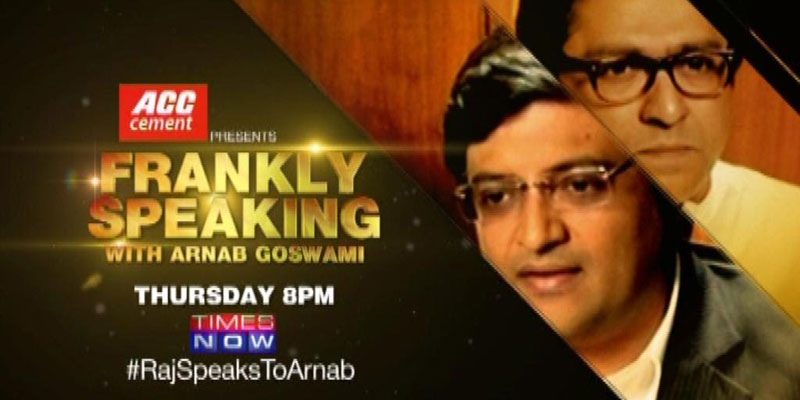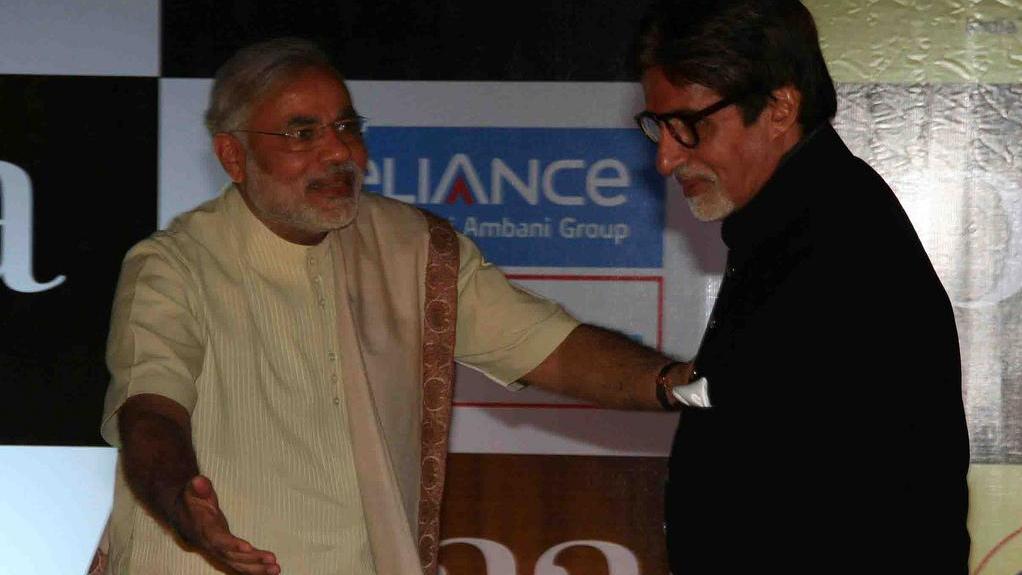Development journalism highlights the catalytic role played by the press in the socio-economic development of any country.
The whole world is wrapped in the race of development. Development has become the parameter through which you measure the well-being of a country. The work that journalists provide through their investigative and eye-opening socio-economic stories works as a boon in this regard.
Coined in 1968 at a Press Foundation of Asia conference in the Philippines, the term development journalism highlights the catalytic role played by the press in the socio-economic development of any country.
Development journalism covers both urban and rural poverty, the environment, agriculture, health and sanitation, gender issues, infrastructure, road safety, education, innovation, human rights, etc. Journalists are required to produce well-researched, fact-based articles which highlight the plight of people, communities or the society in general. They are required to live and travel the dusty roads of underdeveloped regions to get the job done.
As a fresher in the journalism world, initially you may earn about Rs. 1.5 lakh to Rs. 3.5 lakh per annum. The package depends on the media organisation (news channel, newspaper or magazine), its size and location. A lot of development journalists do freelance. Many development communicators switch lanes and join non-government organisations, which promise more growth and exposure.
The skill set required to do the work includes excellent communication skills, good interpersonal skills, good general knowledge and awareness, ability to pitch story to TV/newspapers, and last, but not the least, a modest personality with an inherent desire to report on human issues.
You can opt for any subject combination in Class 12 and at the bachelors levels. An aspirant seeking to make a career in development journalsim may come from any academic background, but a social science degree is preferable. You need to acquaint yourself with the social sciences, especially important theories of political science and sociology to gain a better understanding of the contemporary society.
Familiarise yourself with the history of the country/district/village. A postgraduate degree or diploma in journalism/ mass communication or development communication might help.
Institutes and URLs
. Indian Institute of Mass Communication, New Delhi www.iimc.nic.in
. Jamia Millia Islamia www.jmi.nic.in
. Indian Institute of Journalism and New Media, Bangalore www.iijnm.org
. Asian College of Journalism, Chennai www.asianmedia.org
. Xavier Institute, Mumbai www.xaviercomm.org





